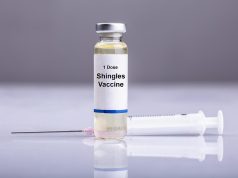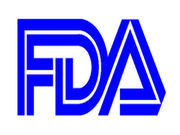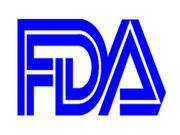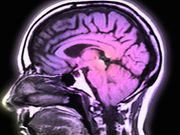Recognition of Patient Expertise Can Improve Adherence
Recognizing patient expertise in treatment decision can prevent nonadherence based on disagreement
Remaining Uninsured May Be Difficult to Reach Via ACA
Reaching the remaining uninsured may be difficult due to lack of Medicaid expansion on the state level
FDA Approves Probuphine Implant for Opioid Dependence
New form of treatment designed to last six months
CDC: Fatal Abusive Head Trauma Among Children Down in the U.S.
Deaths of children under age 5 dropped an average 13 percent annually between 2009 and 2014
Eight Immune Genes Identified As Playing a Role in Glioblastoma
Discovery might eventually lead to better treatment for glioblastoma multiforme
Genetic Analysis Offers Options for Some Developmental Delay
Exome sequencing led to better treatments in four of 10 cases studied
FDA Approves Probuphine Implant for Opioid Dependence
New form of treatment designed to last six months
Hyperglycemia Tied to Outcomes in Pediatric Stroke
Infarct volume, hyperglycemia linked to poor neurological outcome in arterial ischemic stroke
Blood Pressure Variability Tied to Faster Cognitive Decline
Older adults with wide variations were more likely to show deterioration in cognitive abilities
Loss of Y Chromosome in Blood Tied to Alzheimer’s Risk in Men
The greater the Y chromosome loss, the higher the risk of developing Alzheimer's, researchers say



















